What is ChatGPT and what does it mean for businesses?
Knowing what ChatGPT is can unlock a wave of new possibilities for your business

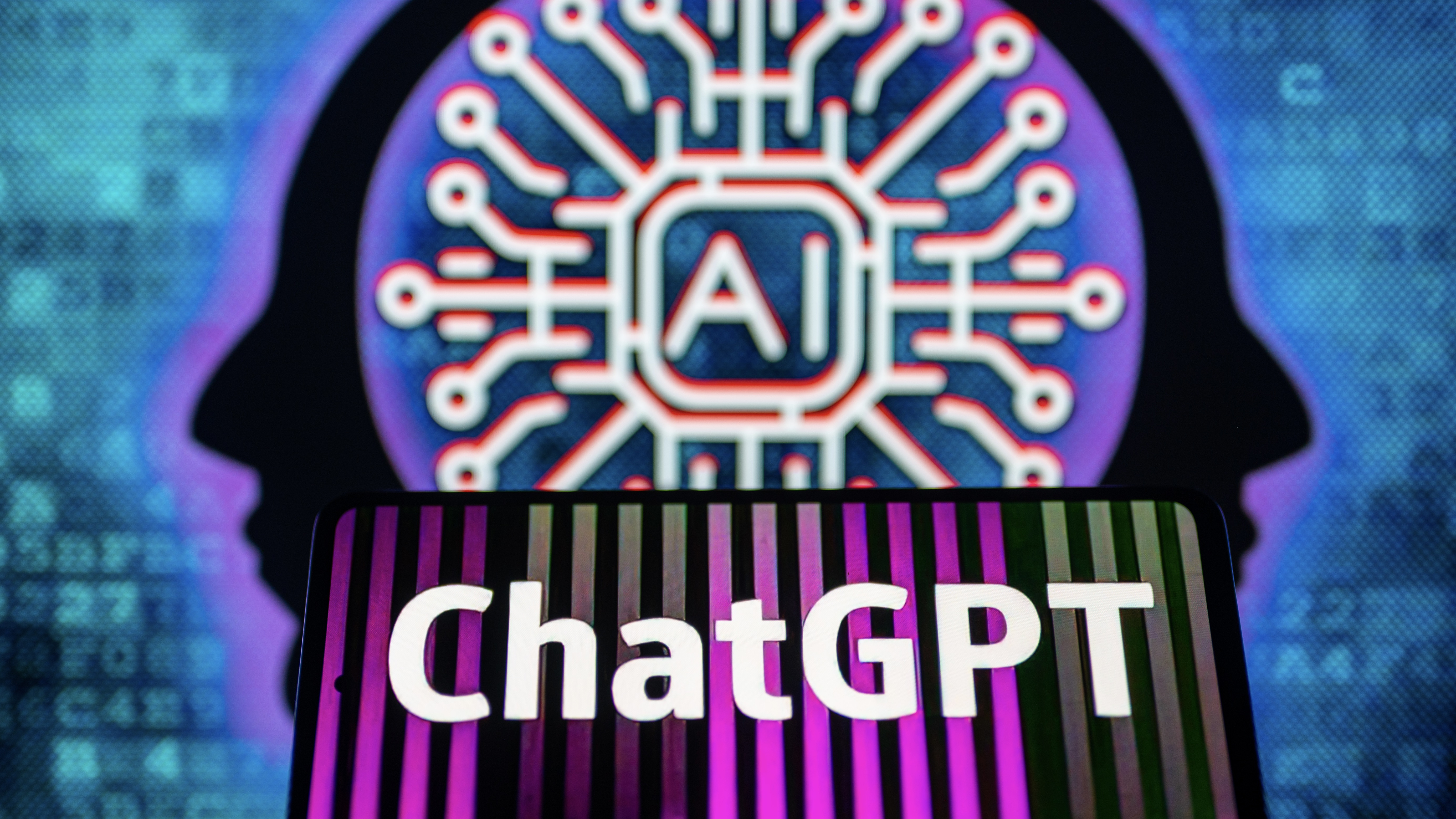
Having cut through to consumers and businesspeople alike, most could answer "what is ChatGPT" on some level, though under the surface there are many more questions about ChatGPT that may need answering. Since its release on November 30 2022, ChatGPT has become a byword for generative AI and its developers OpenAI have increasingly pitched it as relevant for business use.
With the generative AI market set to expand to $109 billion US (approximately £91.4 billion) by 2030 according to Grand View Research, these tools are becoming more and more important in the enterprise landscape. Usage of the tool remains strong no signs of slowing, even as competitors such as Amazon Q, Google Bard and Anthropic’s Claude 2.1 have entered the market.
ChatGPT updates and summary
What is ChatGPT?
ChatGPT is OpenAI’s large language model (LLM) chatbot. It is powered by the model GPT-3.5 for the free tier, while paid ChatGPT subscribers can use a version powered by OpenAI’s flagship model GPT-4. The company calls ChatGPT a “sibling” of their InstructGPT model, which is the default language for OpenAI’s API.
ChatGPT’s base model was trained on vast quantities of data scraped from across the web, including entire web pages and books. This was then fine-tuned using reinforcement learning from human feedback (RLHF). That process, from the organization’s perspective, was about ensuring responses were as relevant as possible, removing app bias, and reducing untruth in output otherwise known as AI ‘hallucinations’.
“We needed to collect comparison data, which consisted of two or more model responses ranked by quality,” OpenAI says. “To collect this data, we took conversations that AI trainers had with the chatbot. We randomly selected a model-written message, sampled several alternative completions, and had AI trainers rank them. Using these reward models, we can fine-tune the model using Proximal Policy Optimization.”
What does ChatGPT stand for?
While the ‘Chat’ part of the tool’s name is self-explanatory, ‘GPT’ stands for ‘generative pre-trained transformer’. This is the specific neural network framework used for generative AI models that conform to the transformer architecture.
GPT models are used to break natural language prompts down into representations of the words themselves known as vectors. This is used to process the context of the sentence and map the connections between the words it contains, which are used to inform output. In simple terms, the model predicts the most likely words to come next in the sentence based on its training.
What are the potential use cases for ChatGPT?
ChatGPT is capable of producing detailed text output based on a prompt, as well as code creation and modification, answering queries using the internet, or summarizing long content. ITPro used it to produce some astoundingly bad Christmas cards in 2022, but the models behind it have been gradually improved since then and ChatGPT has found its way into business to a major degree.
Since its launch, OpenAI has released more versions of ChatGPT aimed at business and enterprise use. ChatGPT Enterprise is a plan for the tool that comes with AES-256 encryption for data passed to it, as well as more advanced data analysis capabilities.
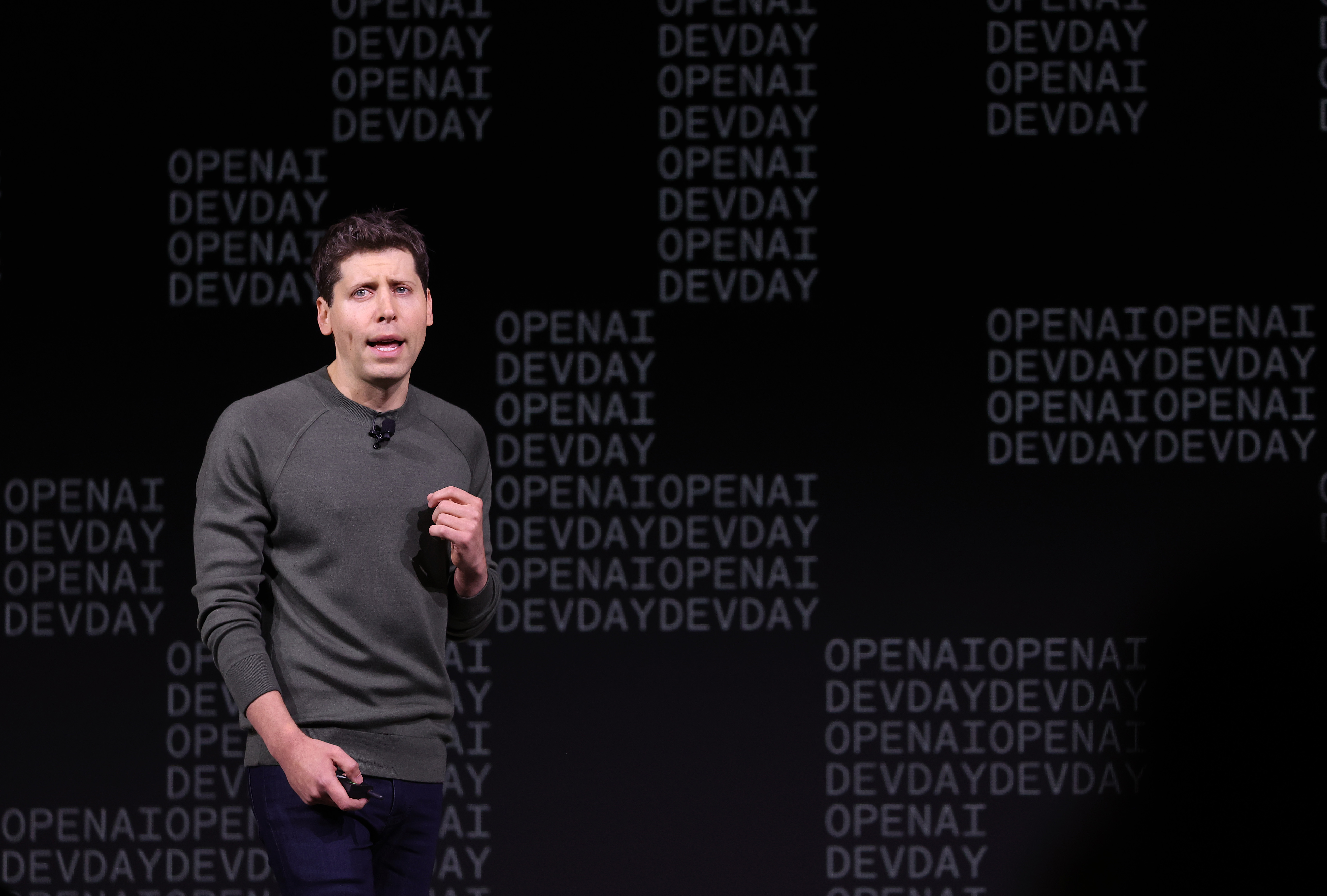
ChatGPT’s latest updates benefitted businesses greatly, bringing live data from the internet through an integration with Bing and OpenAI continues to add features and enterprise uses to the tool.
Sign up today and you will receive a free copy of our Future Focus 2025 report - the leading guidance on AI, cybersecurity and other IT challenges as per 700+ senior executives
For one interesting example of an area in which ChatGPT can flourish, we can look at research coming out of Drexel University. A study released in December 2022 found the same natural language processing (NLP) techniques ChatGPT uses can be deployed to identify Alzheimer’s patients.
How much does ChatGPT cost to run?
Although OpenAI hasn’t publicly revealed its costs per query OpenAI CEO Sam Altman, who left OpenAI for Microsoft in November 2023 only to return triumphantly days later, previously stated in a post on X that “the compute costs are eye-watering”.
RELATED RESOURCE
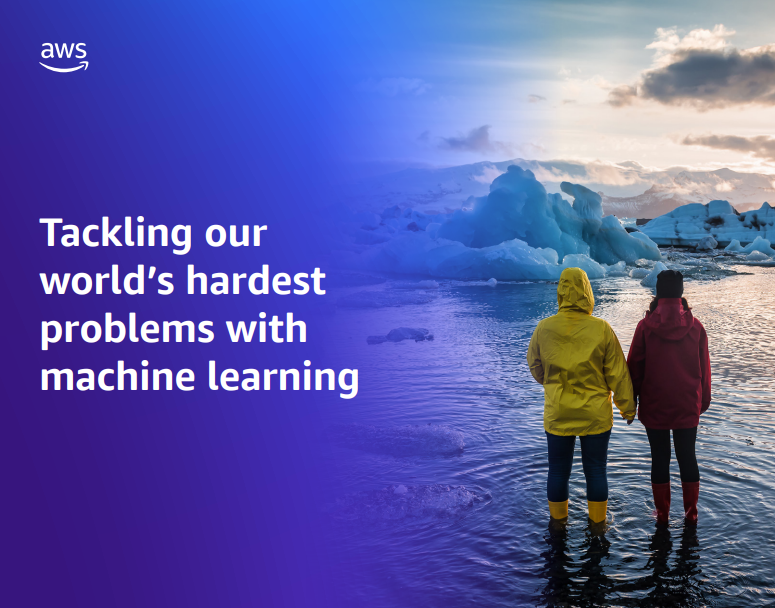
Solve global challenges with machine learning
Tackling our world's hardest problems with ML
At CES 2023, Microsoft announced a $10 billion investment into OpenAI, with the hyperscaler having since made OpenAI’s GPT-4 a core part of its Copilot range of AI assistants including Copilot for Microsoft 365 and Copilot Studio.
For OpenAI’s part, the company has released detailed pricing outlines for its models. Those wishing to run inference on GPT-3.5 Turbo can expect to pay $00.10 per 1k input tokens, while those who want to access the power of GPT-4 will pay the higher price of $0.03 per 1k tokens.
Why is ChatGPT so controversial?
Alarm bells are ringing across the world, from the creative sector to academia given the capacity for tools like ChatGPT and DALL-E mimic human creativity. Academics and researchers, in particular, are worrying about the prospect of plagiarism. But there are more controversies beyond this.
There is every indication that AI could be a legal nightmare for years to come and as the model at the forefront of attention ChatGPT has already been subjected to criticism and concerns. Italian regulators banned ChatGPT over demands that OpenAI include a ‘right to be forgotten’ for users of the tool and the EU AI Act aims to protect IP from AI in a way that could threaten the web-scraping basis of ChatGPT altogether.
Corporate objections to ChatGPT have also been raised. In May 2023, Apple banned ChatGPT within its offices citing concerns that employees could input sensitive data which could then be leaked and 80% of C-suite executives share these concerns.
Clearly there are still bugs to work out. Research from Purdue University found that more than 50% of ChatGPT’s programming answers were incorrect and warned against overreliance on the chatbot when it came to assessing code.
ChatGPT has an incredibly compelling sales pitch, but it’s still only the beginning for generative AI. Questions around ethical AI will continue to dominate the conversation, especially as the underlying technology evolves and AI-linked job cuts become a risk. A recent study by Boston Consulting Group (BCG) suggested that overreliance on ChatGPT could harm worker performance and these concerns will only become more apparent and relevant as the technology beds in.

John Loeppky is a British-Canadian disabled freelance writer based in Regina, Saskatchewan. He has more than a decade of experience as a professional writer with a focus on societal and cultural impact, particularly when it comes to inclusion in its various forms.
In addition to his work for ITPro, he regularly works with outlets such as CBC, Healthline, VeryWell, Defector, and a host of others. He also serves as a member of the National Center on Disability and Journalism's advisory board. John's goal in life is to have an entertaining obituary to read.
-
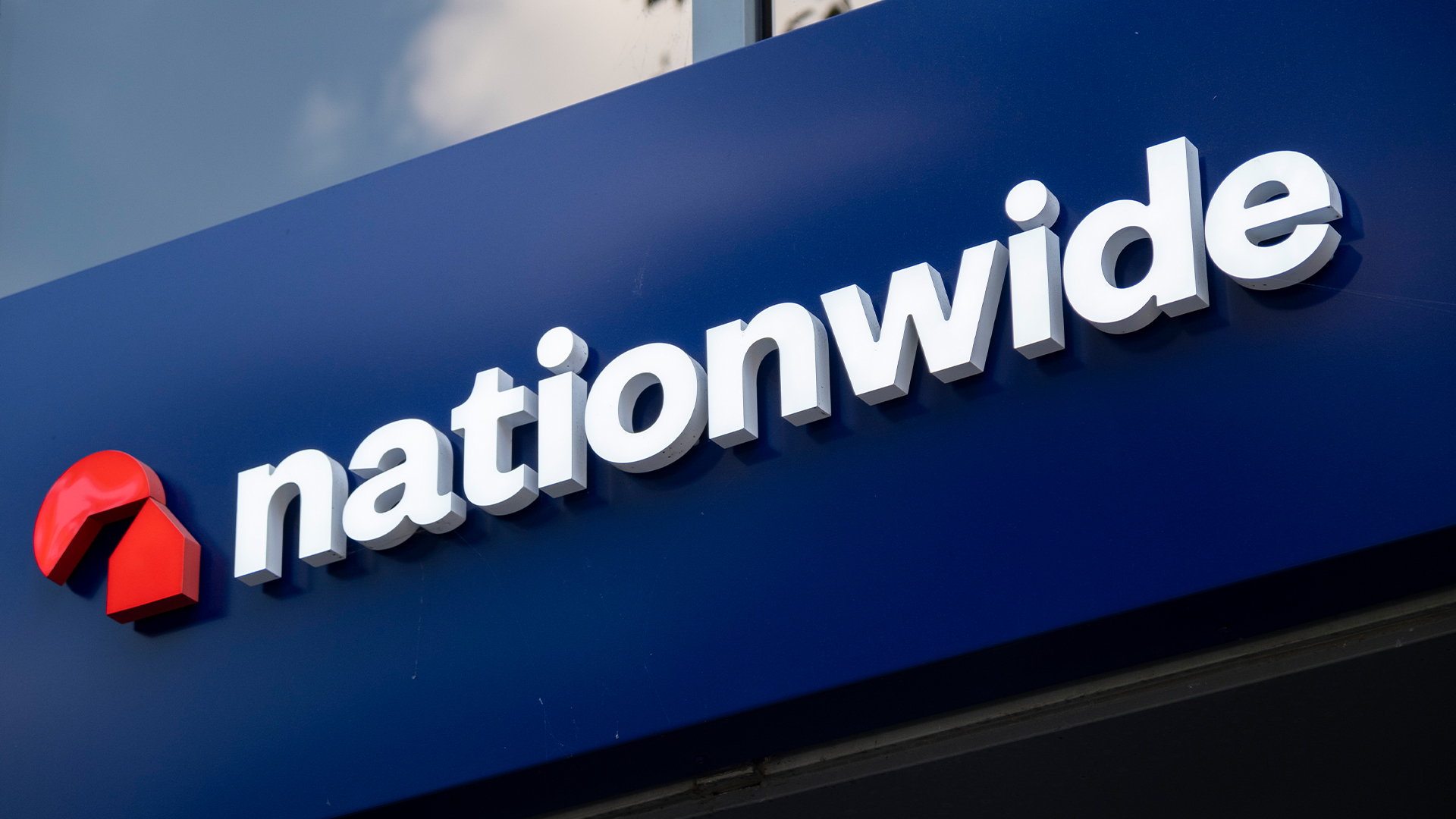 Nationwide forges closer ties with AWS in cloud transformation push
Nationwide forges closer ties with AWS in cloud transformation pushNews The building society is “consolidating and modernizing” cloud infrastructure and focusing heavily on internal skills development
-
 How businesses can make their cybersecurity training stick?
How businesses can make their cybersecurity training stick?In-depth Who in the modern business needs cybersecurity training – and what key factors should firms keep in mind?
-
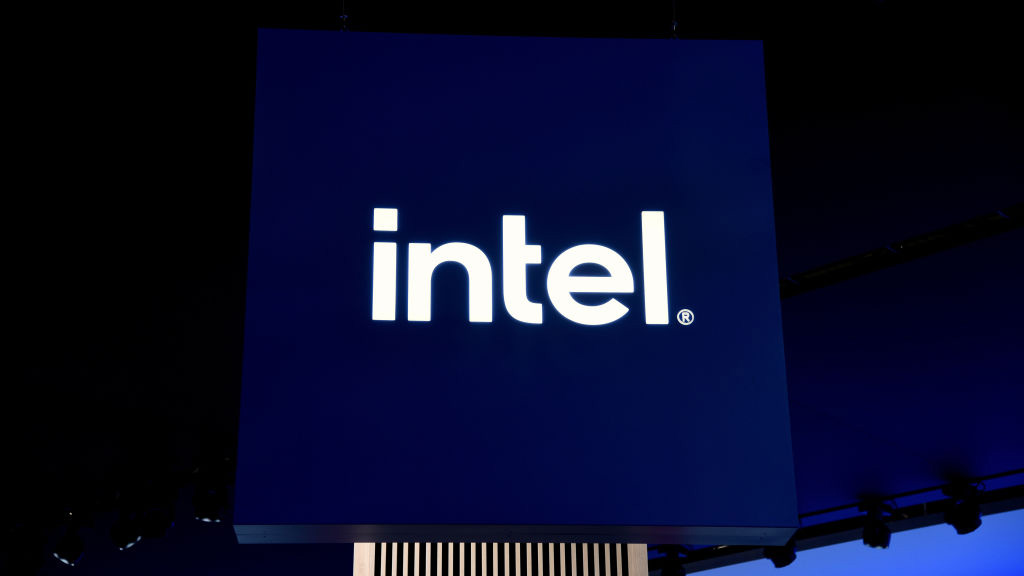 Intel targets AI hardware dominance by 2025
Intel targets AI hardware dominance by 2025News The chip giant's diverse range of CPUs, GPUs, and AI accelerators complement its commitment to an open AI ecosystem
-
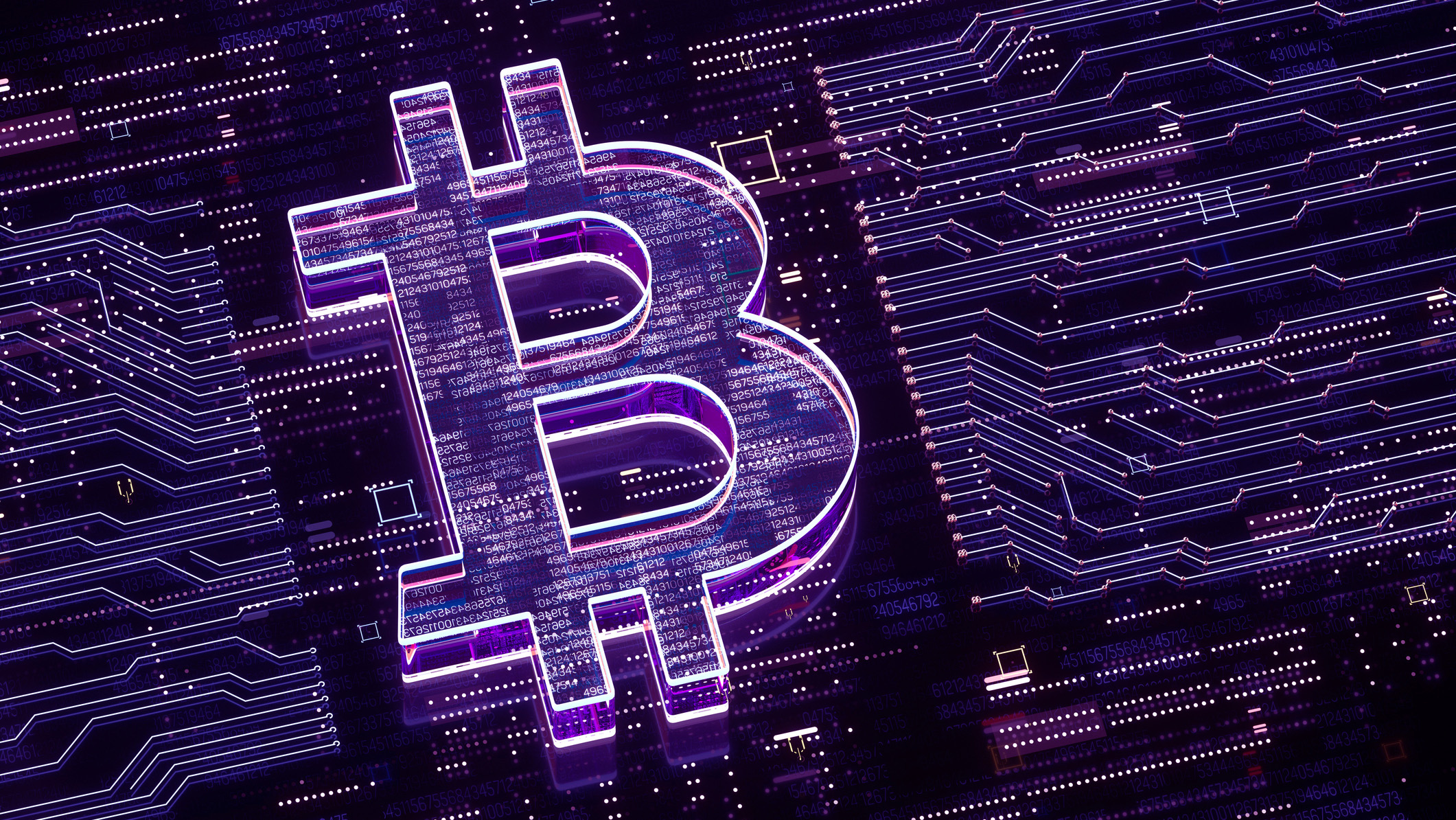 Calls for AI models to be stored on Bitcoin gain traction
Calls for AI models to be stored on Bitcoin gain tractionNews AI model leakers are making moves to keep Meta's powerful large language model free, forever
-
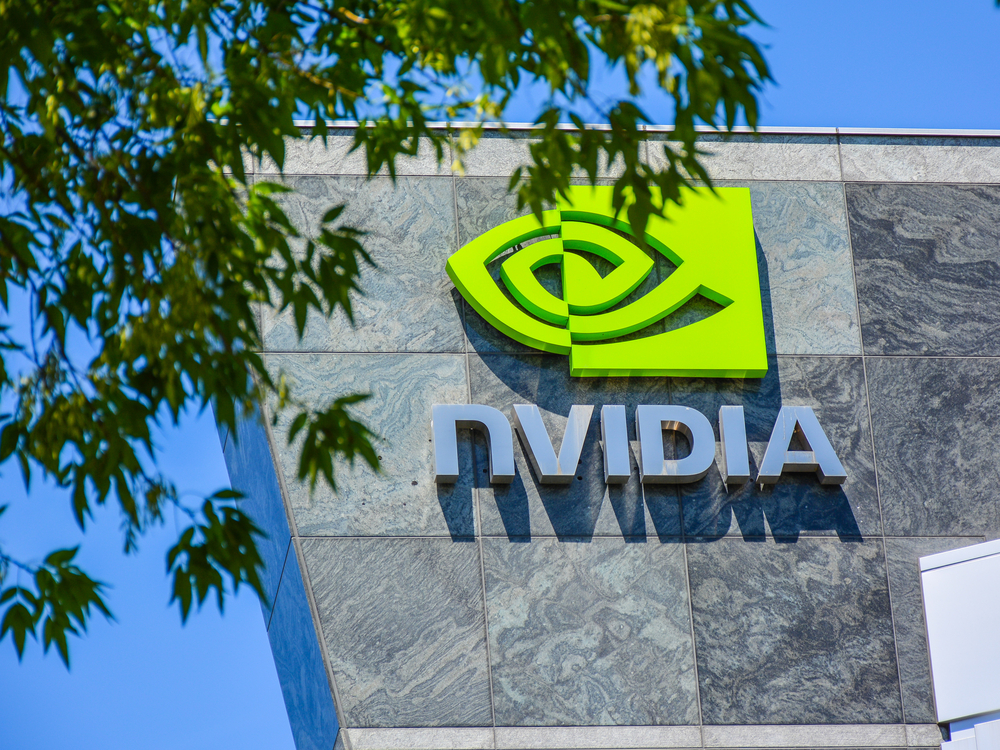 Why is big tech racing to partner with Nvidia for AI?
Why is big tech racing to partner with Nvidia for AI?Analysis The firm has cemented a place for itself in the AI economy with a wide range of partner announcements including Adobe and AWS
-
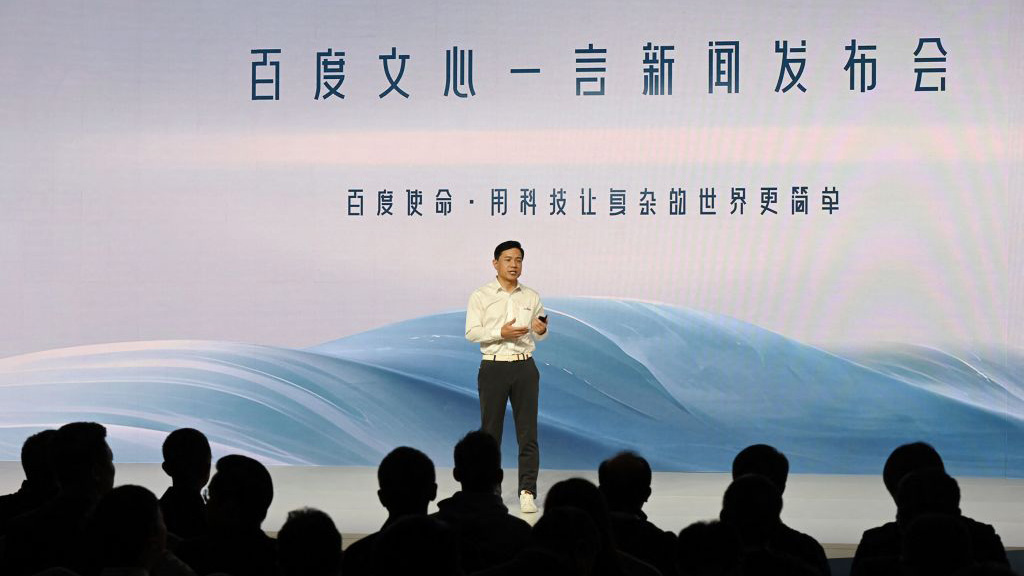 Baidu unveils 'Ernie' AI, but can it compete with Western AI rivals?
Baidu unveils 'Ernie' AI, but can it compete with Western AI rivals?News Technical shortcomings failed to persuade investors, but the company's local dominance could carry it through the AI race
-
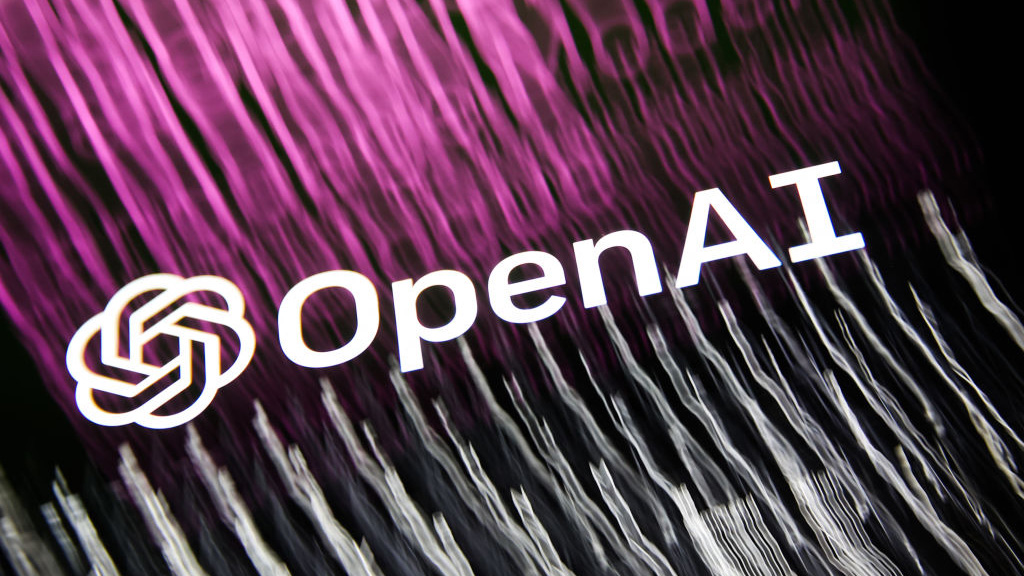 OpenAI announces multimodal GPT-4 promising “human-level performance”
OpenAI announces multimodal GPT-4 promising “human-level performance”News GPT-4 can process 24 languages better than competing LLMs can English, including GPT-3.5
-
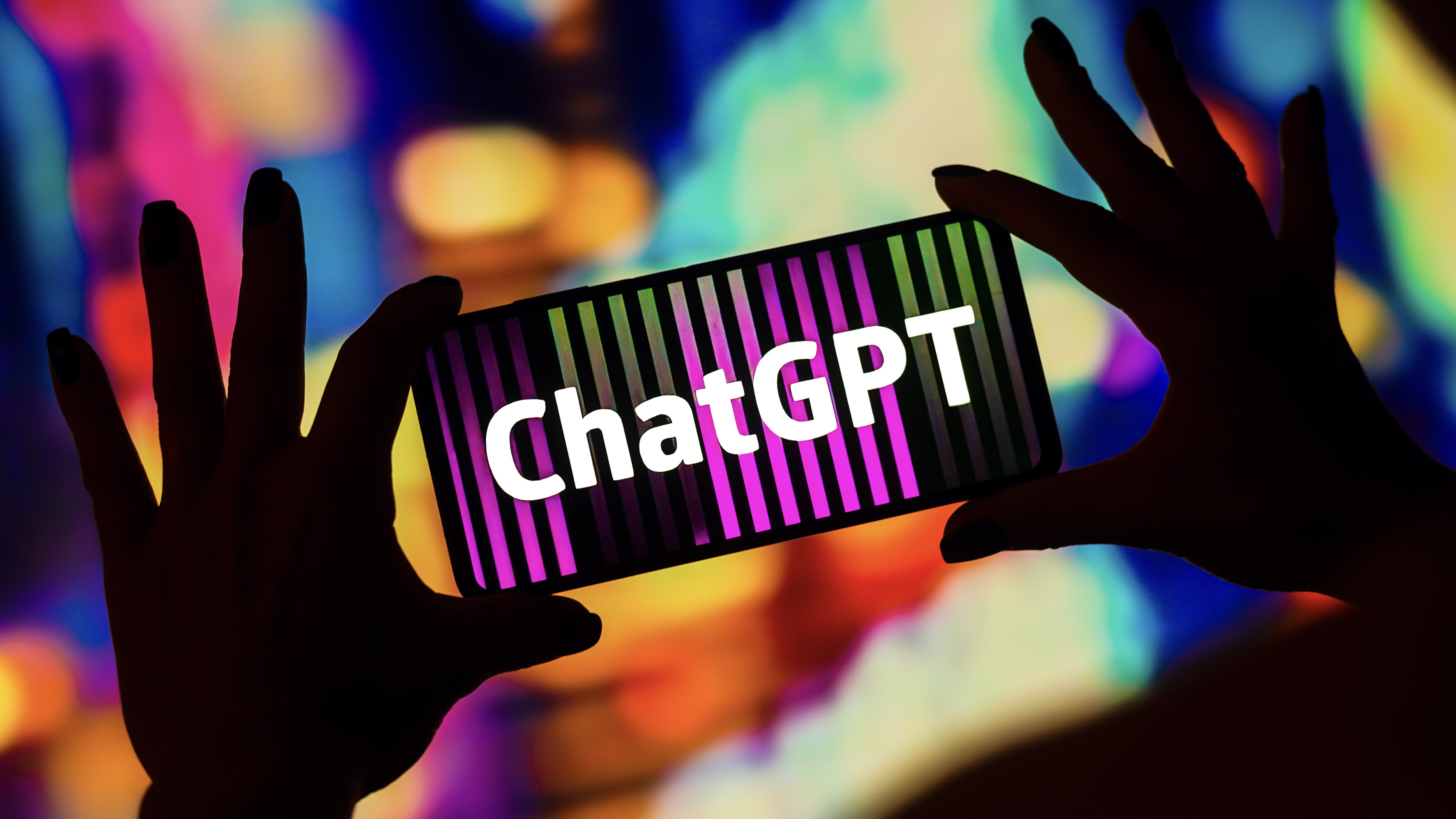 ChatGPT vs chatbots: What’s the difference?
ChatGPT vs chatbots: What’s the difference?In-depth With ChatGPT making waves, businesses might question whether the technology is more sophisticated than existing chatbots and what difference it'll make to customer experience
-
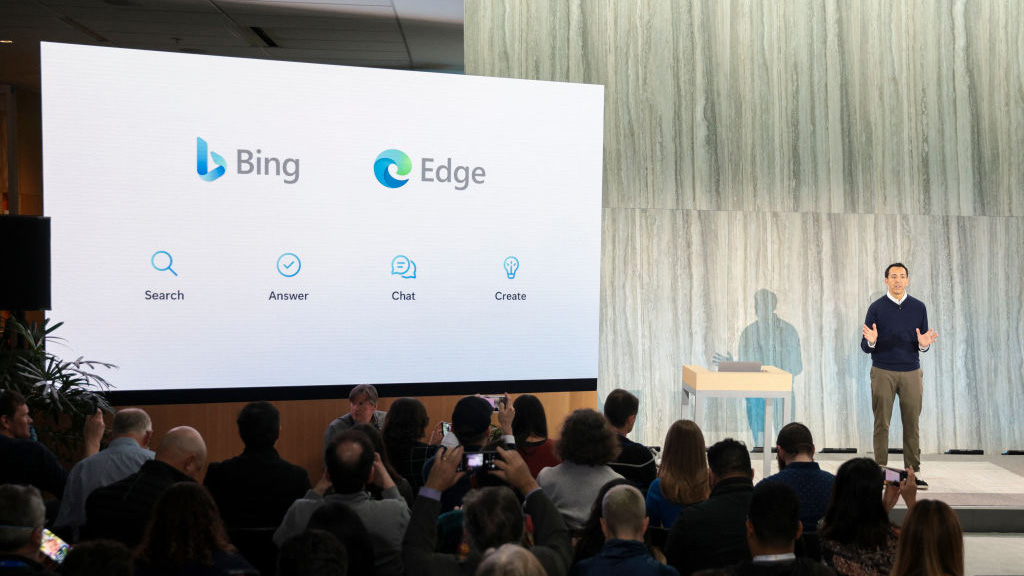 Bing exceeds 100m daily users in AI-driven surge
Bing exceeds 100m daily users in AI-driven surgeNews A third of daily users are new to the past month, with Bing Chat interactions driving large chunks of traffic for Microsoft's long-overlooked search engine
-
 OpenAI launches ChatGPT API for businesses at competitive price
OpenAI launches ChatGPT API for businesses at competitive priceNews Developers can now implement the popular AI model within their apps using a few lines of code